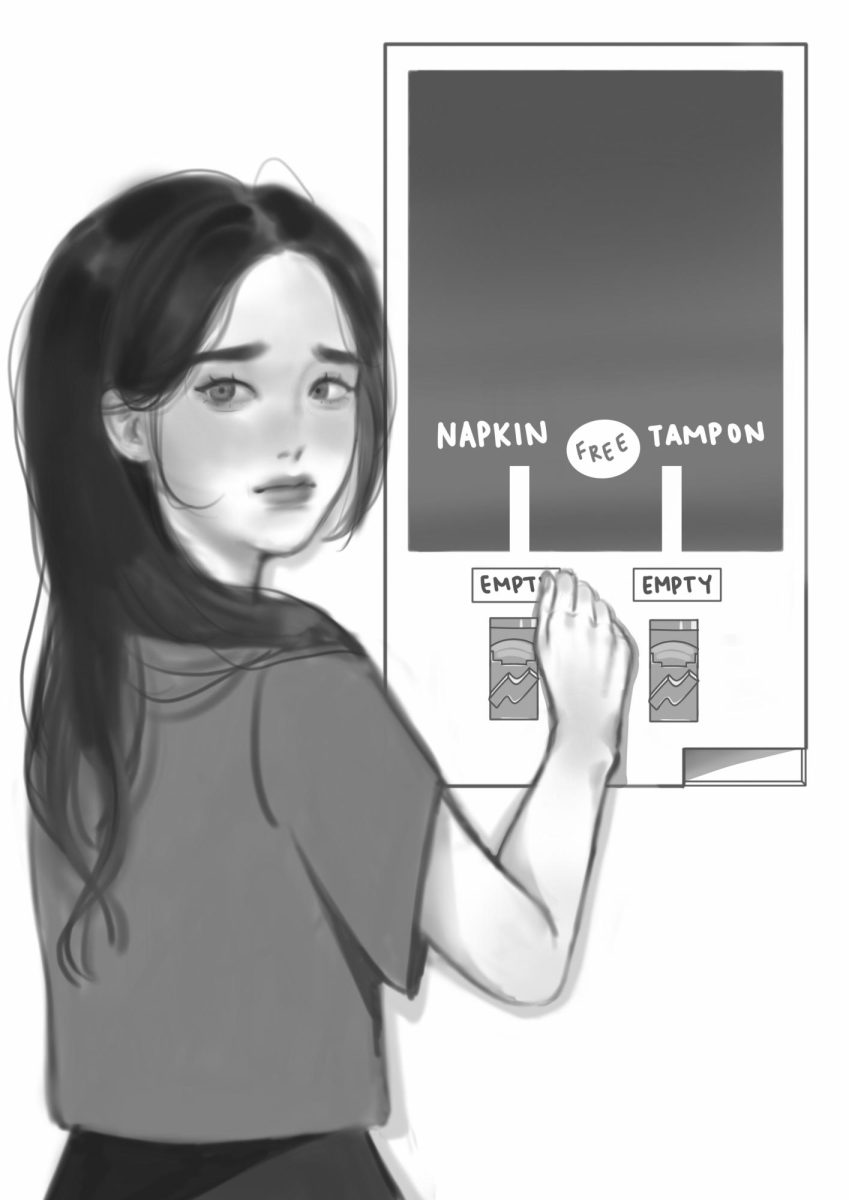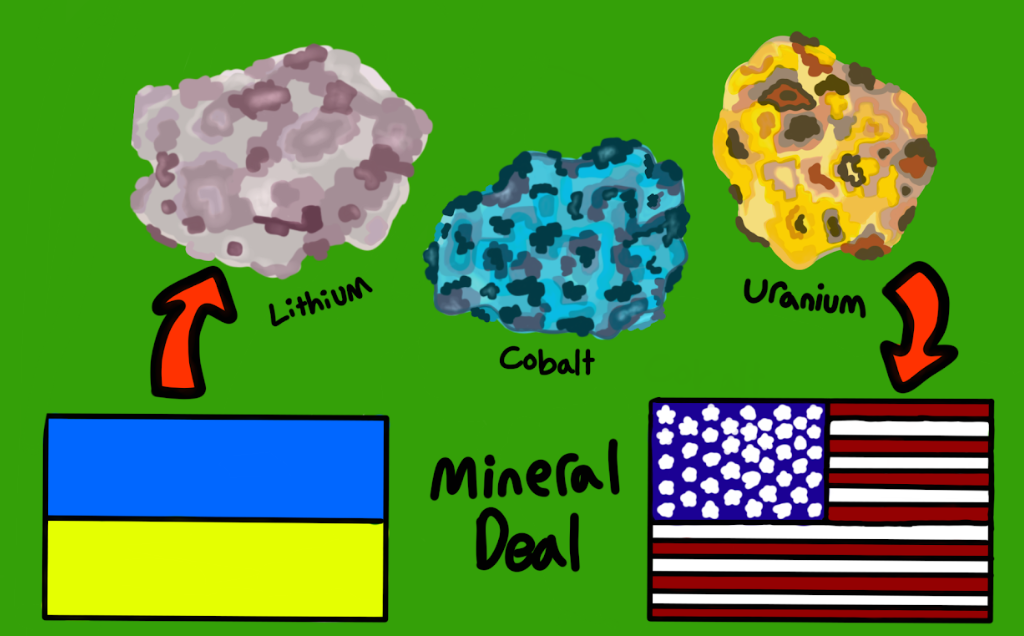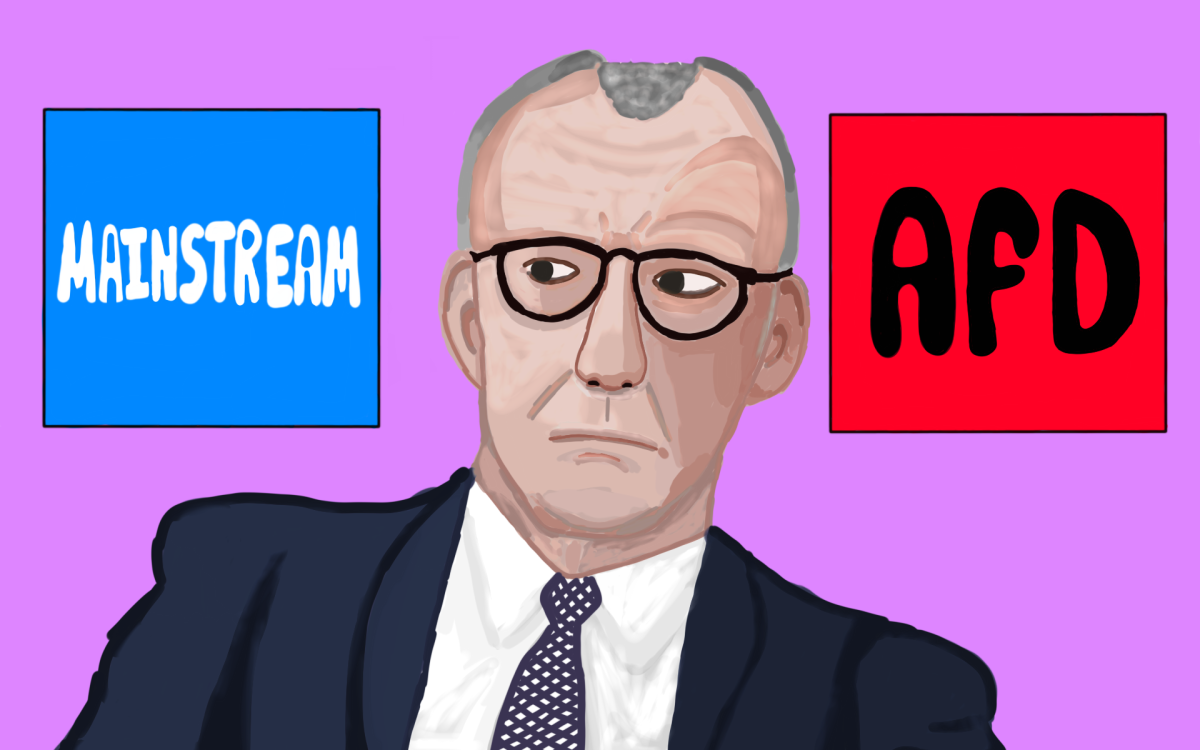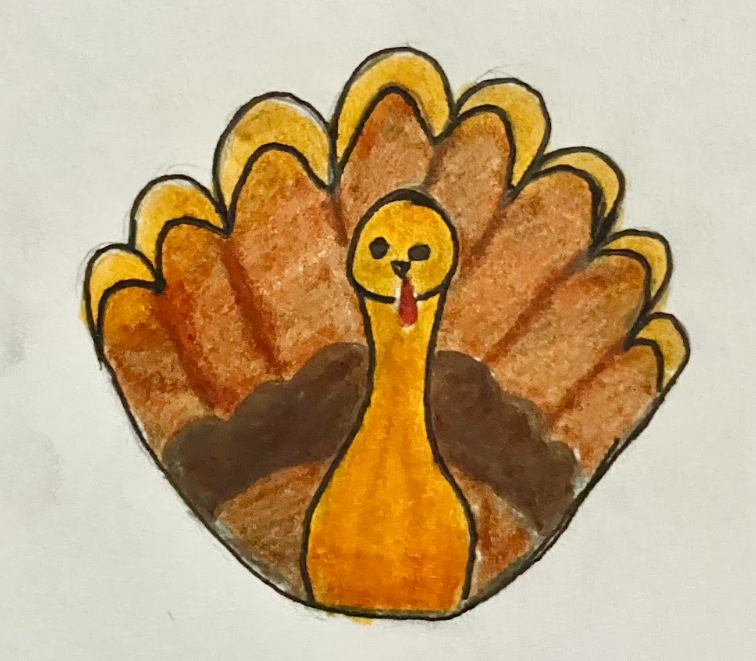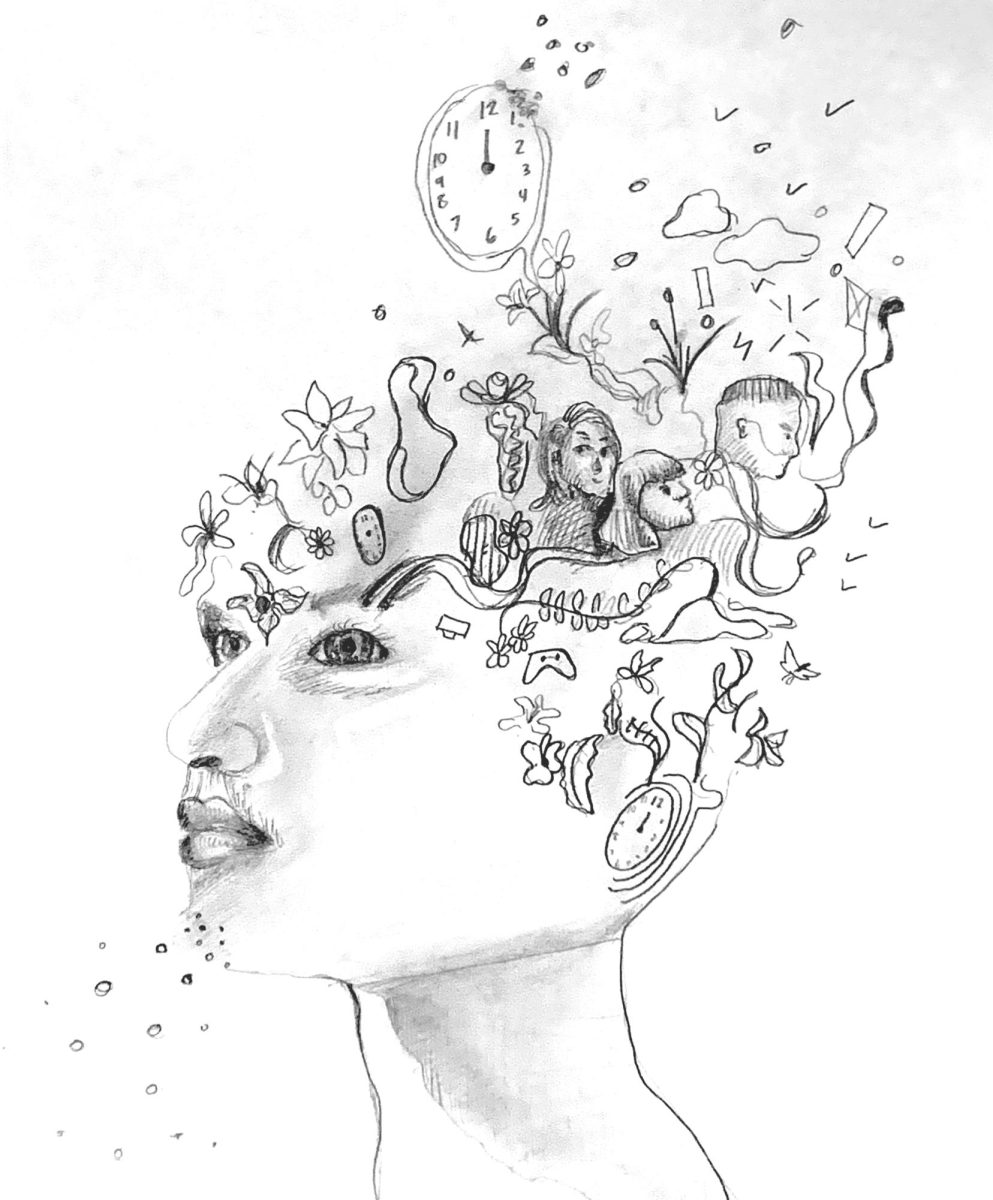In recent years, companies in the entertainment industry have used nostalgia to boost the sales of their media. Whether it be video games or movies, it has been a huge factor in recent media. It seems as though the entertainment industry has learned the secret to higher numbers. But in order to figure out why this industry often capitalizes on nostalgia, we first need to understand what it is.
Nostalgia is an emotion that’s linked to cherished memories. Usually, nostalgia only focuses on the positive aspects of a memory, which is why everything seems better looking back on life. A game or movie that was mediocre might seem great if the person watching was a child at the time. It all has to do with how our brains process memories.
Reliving positive memories can help relieve stress, or at least distract from the present. Essentially, nostalgia can be a coping mechanism used by our brains to help during tough times. With the world getting more and more stressful as the years go by, more and more people have been longing for the “good ol’ days.” Companies in the entertainment industry have noticed this yearning for earlier simplicity, and have decided that it would be beneficial to incorporate aspects from customers’ past into future projects. If they bring back elements from their past pieces of media, they might be able to appeal to a bigger audience. Companies like Epic Games and Rockstar Games have proven this to be true by finding huge success with the use of nostalgia.
Epic Games has used nostalgia to increase player numbers. On November 3rd 2023, Epic Games decided to bring back Fortnite’s original map for a season, named “Fortnite OG.” Although the “Fortnite OG” season lasted less than a month, it resulted in Fortnite having its highest player count ever. The combination of Fortnite’s original map and the new mechanics added throughout the years created an environment where returning players could experience the game they loved with a new coat of paint.The OG season was so successful that Epic Games stated that they might bring back the concept of revisiting the past in future seasons.
Rockstar Games has also found recent success by utilizing nostalgia, this time with a game that hasn’t even been released yet. GTA VI is one of the most anticipated game releases today, with its use of nostalgia being one of the factors behind its hype. GTA VI has reused Vice City, which was previously seen in GTA Vice City, as its setting. This will give future players the opportunity to revisit old Vice City areas, and explore new locations that weren’t available before due to previous map size limitations. Although the return of Vice City is the only explicit use of nostalgia by Rockstar Games, there is also an additional factor in the amount of time between releases. The most recent release of a GTA game was on 9/17/2013. Within the decade that GTA V has been out, many people have played it as they’ve grown up. Once GTA VI comes out and breaks the decade long drought in the franchise, many people who played GTA V as kids might pick up GTA VI to relive that point in their life.
Due to the comforting feelings nostalgia evokes, people associate new products in a franchise with those positive memories. This leads to people buying the product, because they hope it will give them the same feelings they felt back then. Sometimes, this turns out to be true, but companies often rely on nostalgia to do all of the work when their product is mediocre. Companies can pump as much money as they want into a product, but if the product itself is bad, no amount of nostalgia will be able to make up for it. A great example of this is Disney’s live-action reboots.
Disney is known for their sheer amount of money. In 2023, Disney’s total assets added up to $205,000,000,000, an amount with far too many zeros. They have accumulated so much wealth that they can consistently afford a budget of $300 million per movie, between production and marketing. Disney pours so much money into the film industry, but with how they’ve been spending the money, they might as well be setting their money ablaze. Disney has been focusing on pushing live action remakes of their classic animated movies. For many viewers, converting an old-timey animation into a live action film makes the movie lose some of its charm. An example of this is The Lion King (2019), where all the animals in the film lose their facial expressions in order to keep the movie realistic. The original stories are beloved by many people, and the movie versions will still garner a large audience. However, since the live action remake lacks charm, many of the viewers who were chasing that magical feeling they had when they watched the original will be disappointed. Even though they have the same story, the love and care put into the original animated movies is just not present in the remakes, which leads to them feeling like a soulless cash grab instead of a well-crafted masterpiece.
Nostalgic memories feel great, but we shouldn’t let them be the driving factor in our decision making when it comes to the media we consume. We might have fond childhood memories of media, but that doesn’t mean that new media that incorporates aspects from the past will replicate that feeling. The main reason why the original piece of media felt so good was because it was great and made with passion. Consuming any great piece of media would give the same feeling, and only consuming reused storylines that lack that passion can get in the way of that. We should consume media because we enjoy it for what it is, rather than consume it in an attempt to feel nostalgic, as chasing a nostalgic feeling when choosing what media to consume will eventually lead to disappointment.
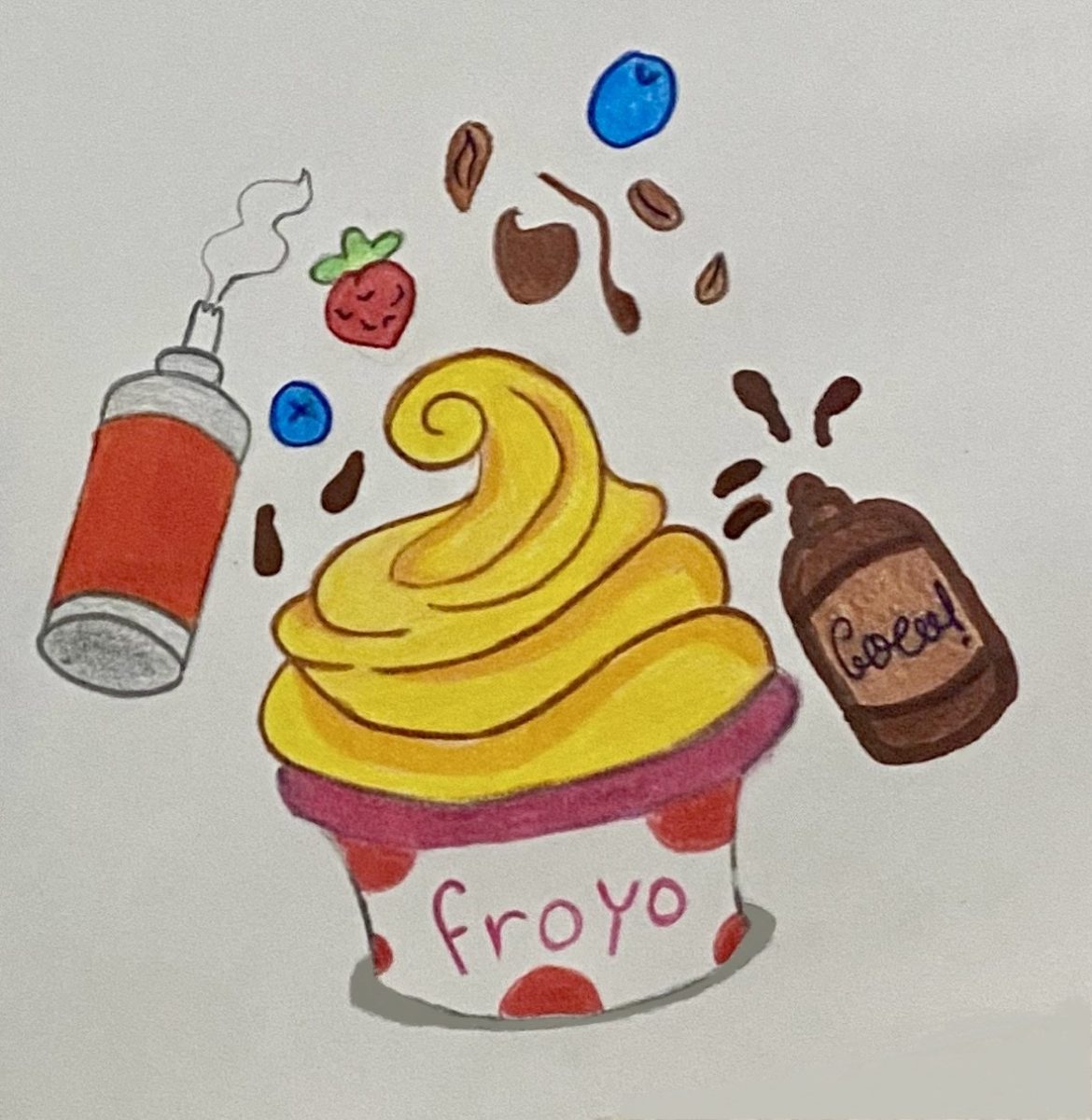
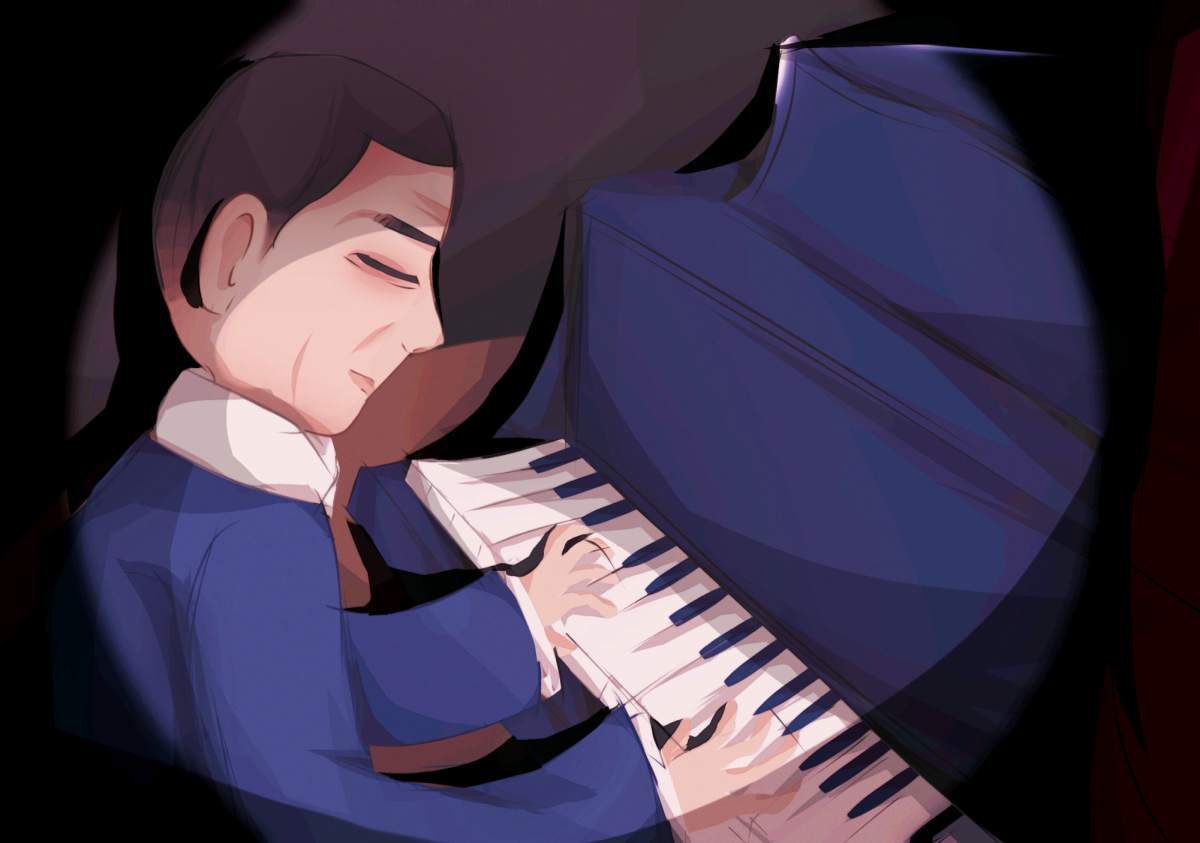
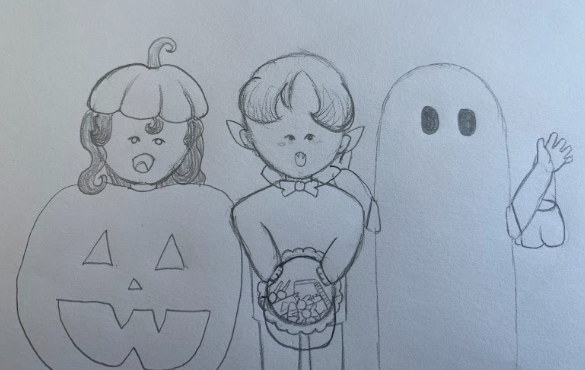







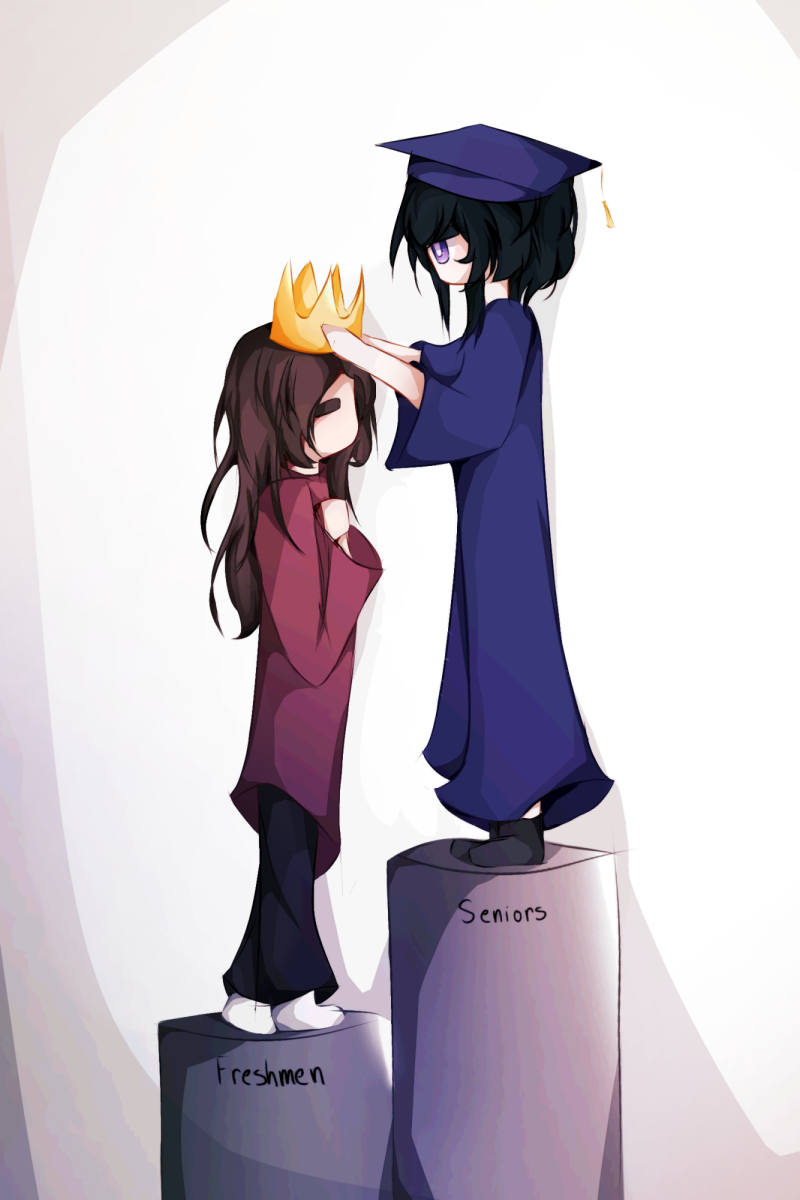
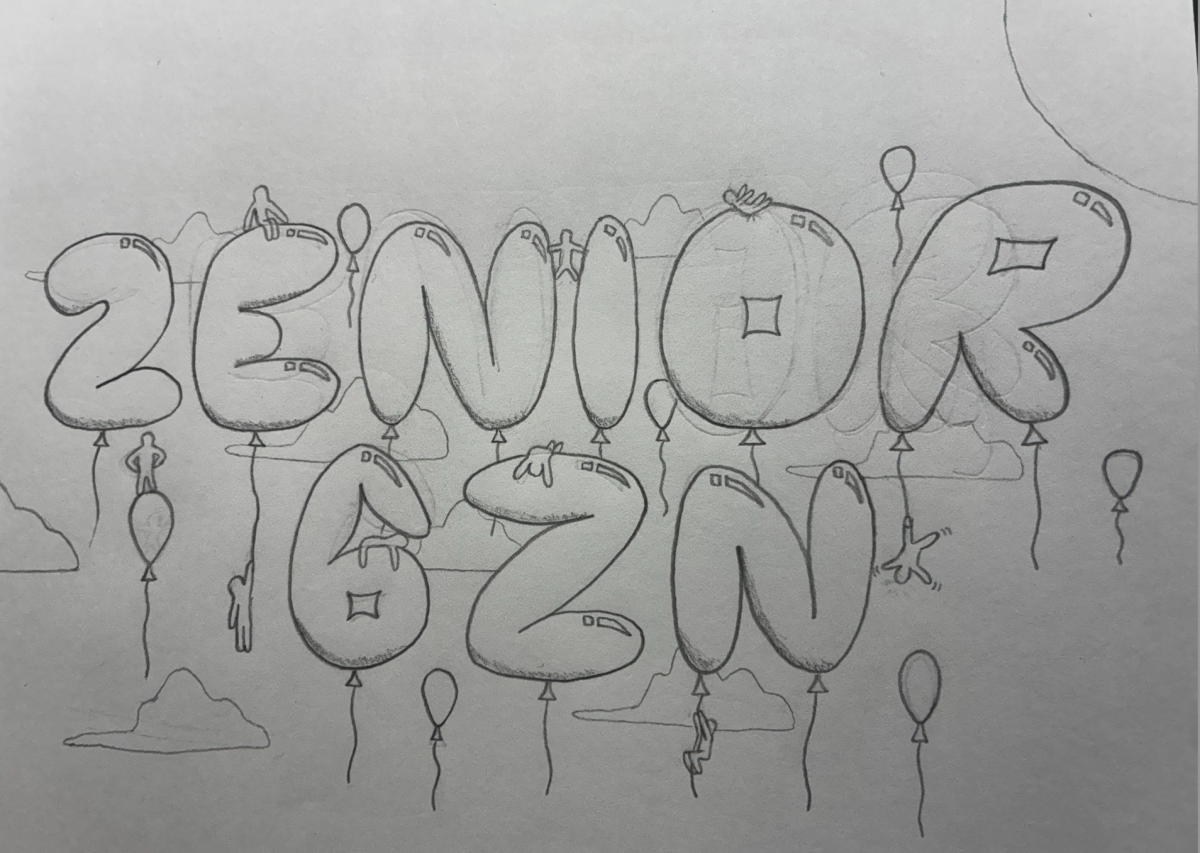
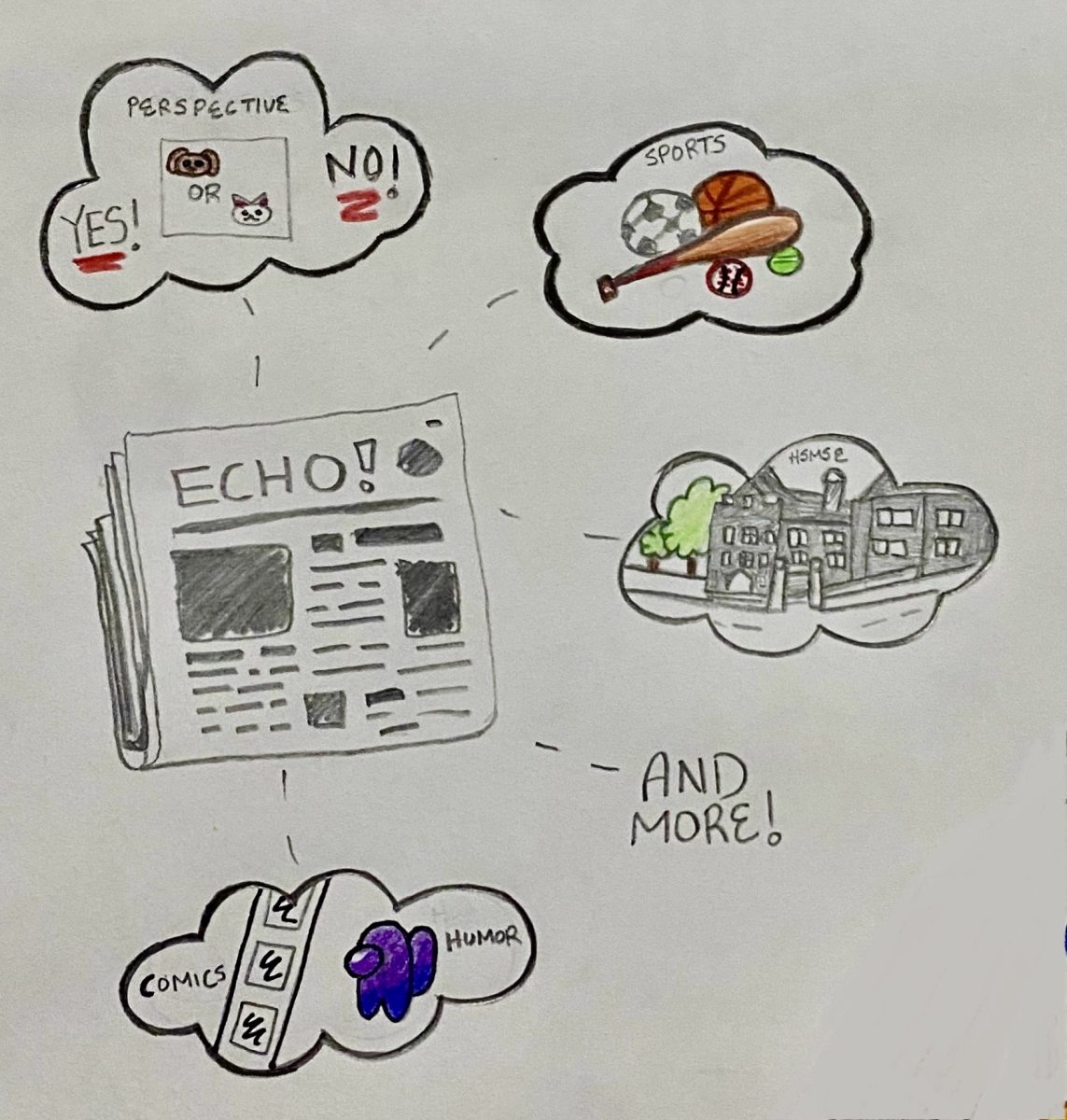

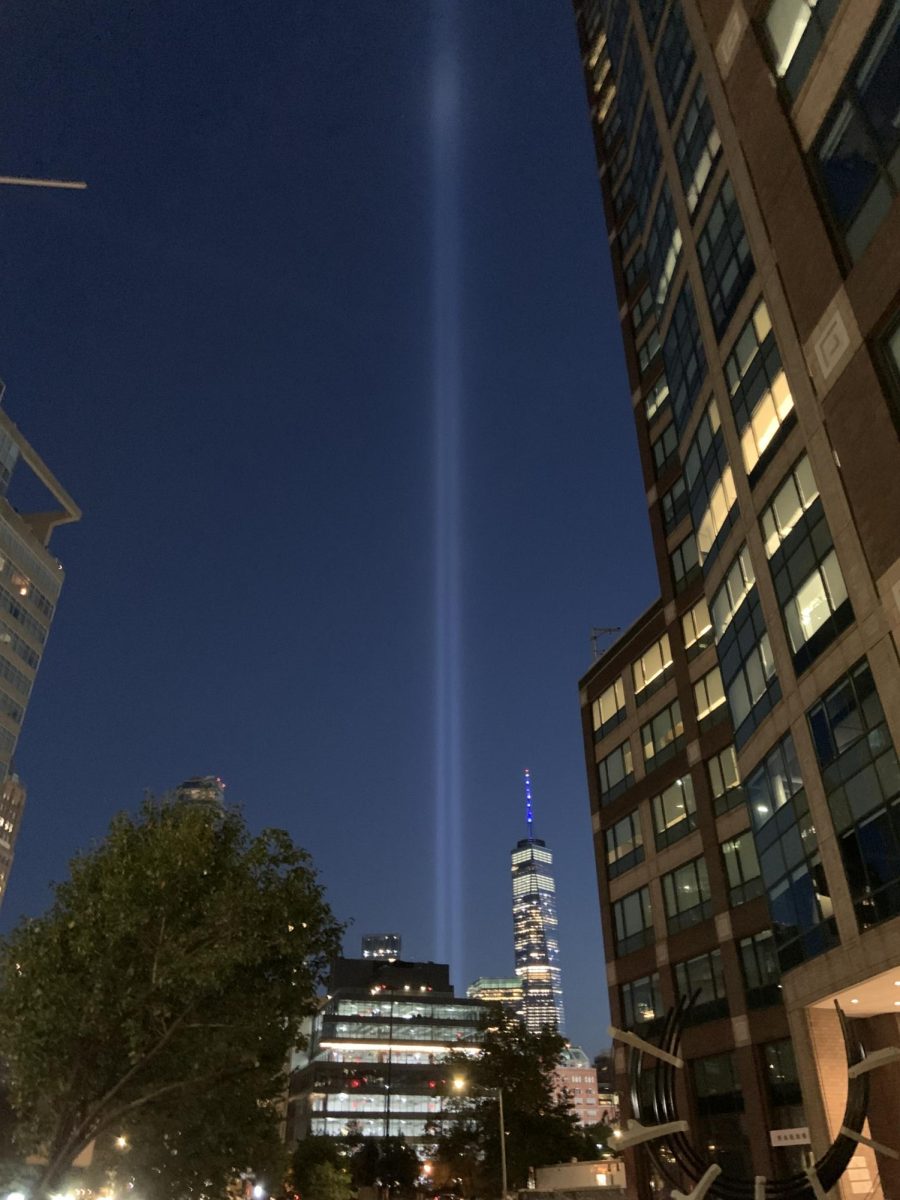
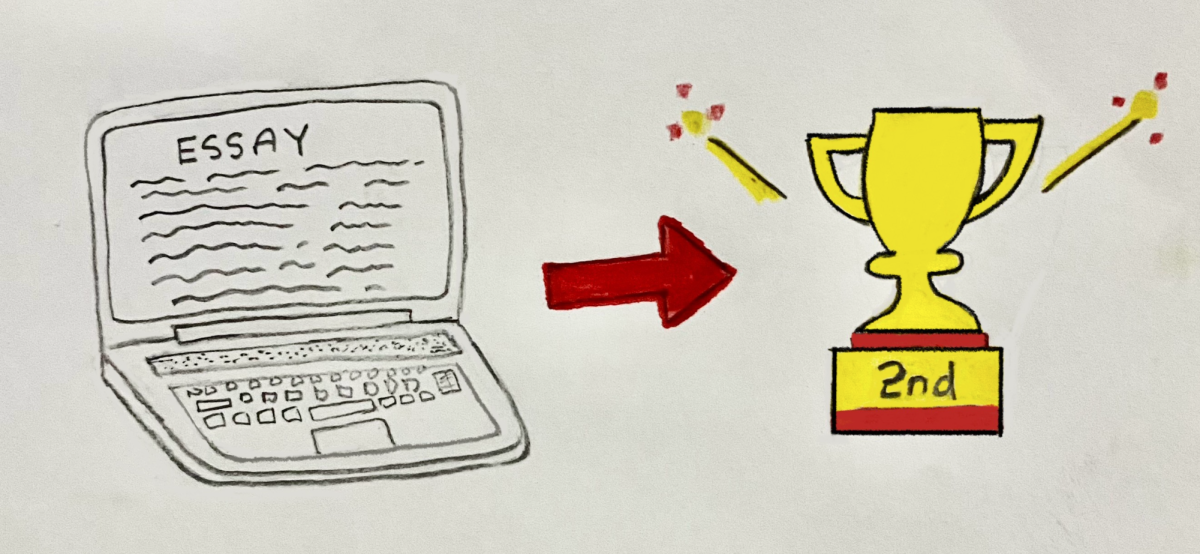






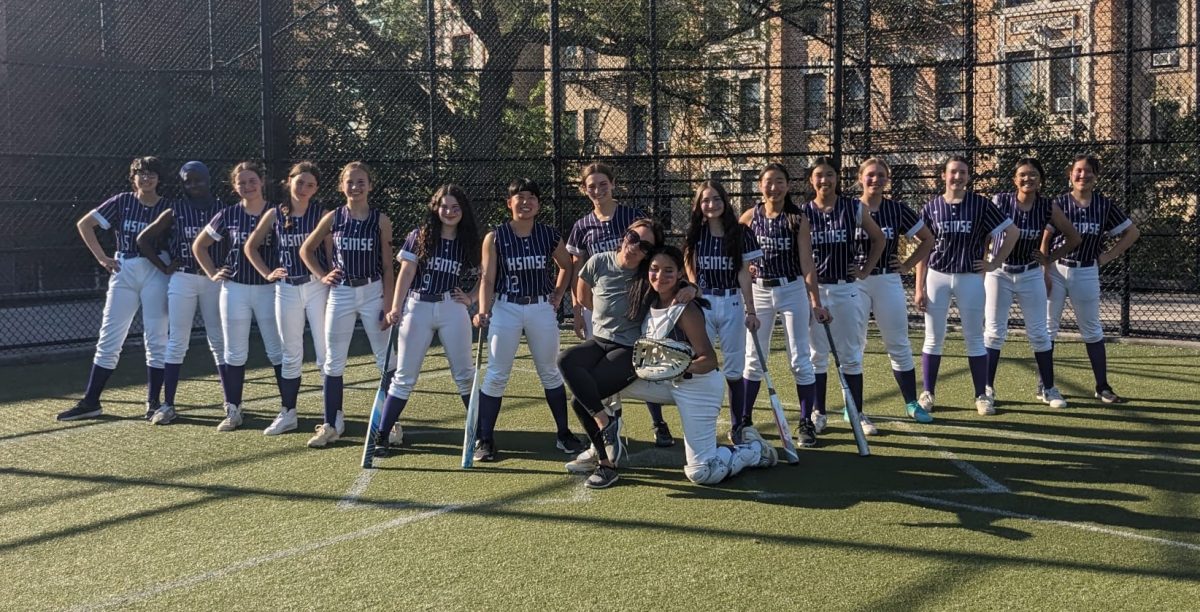
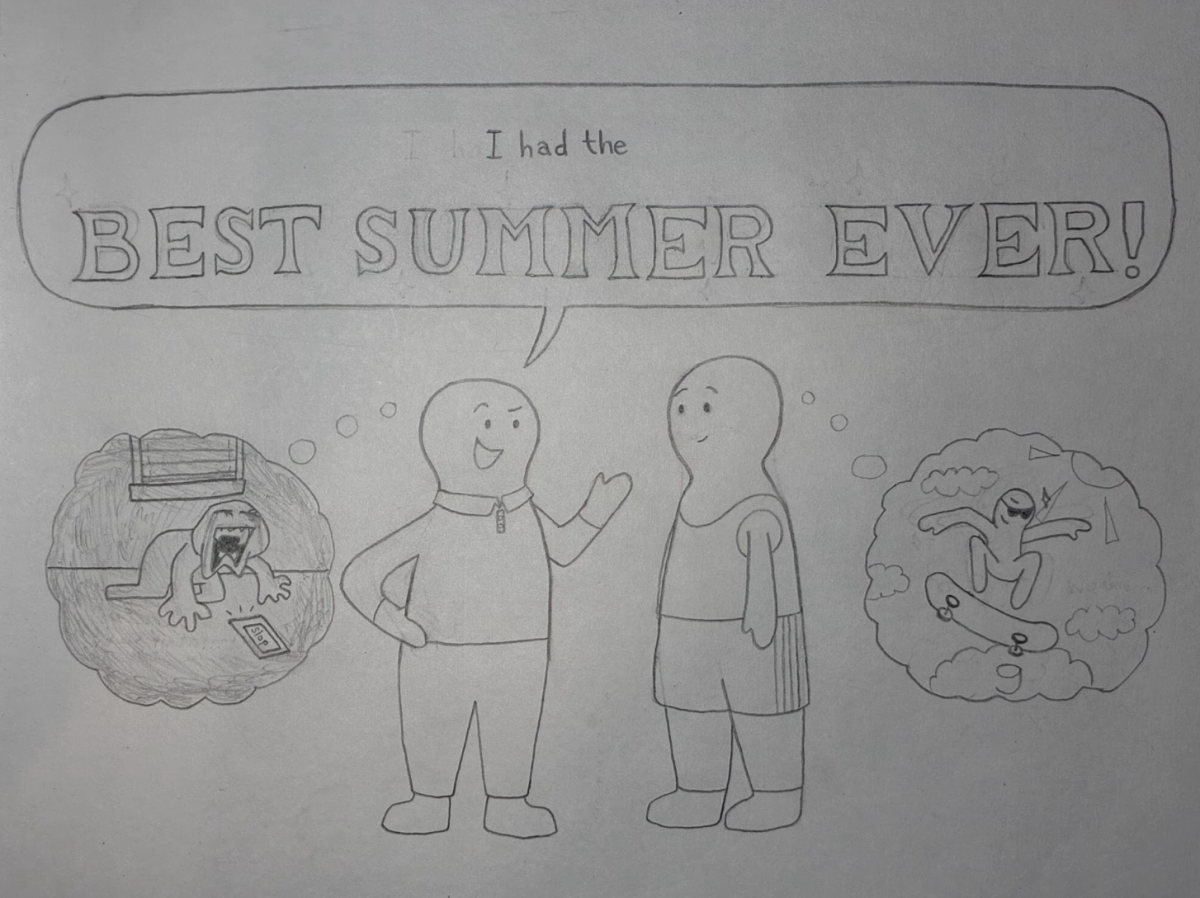

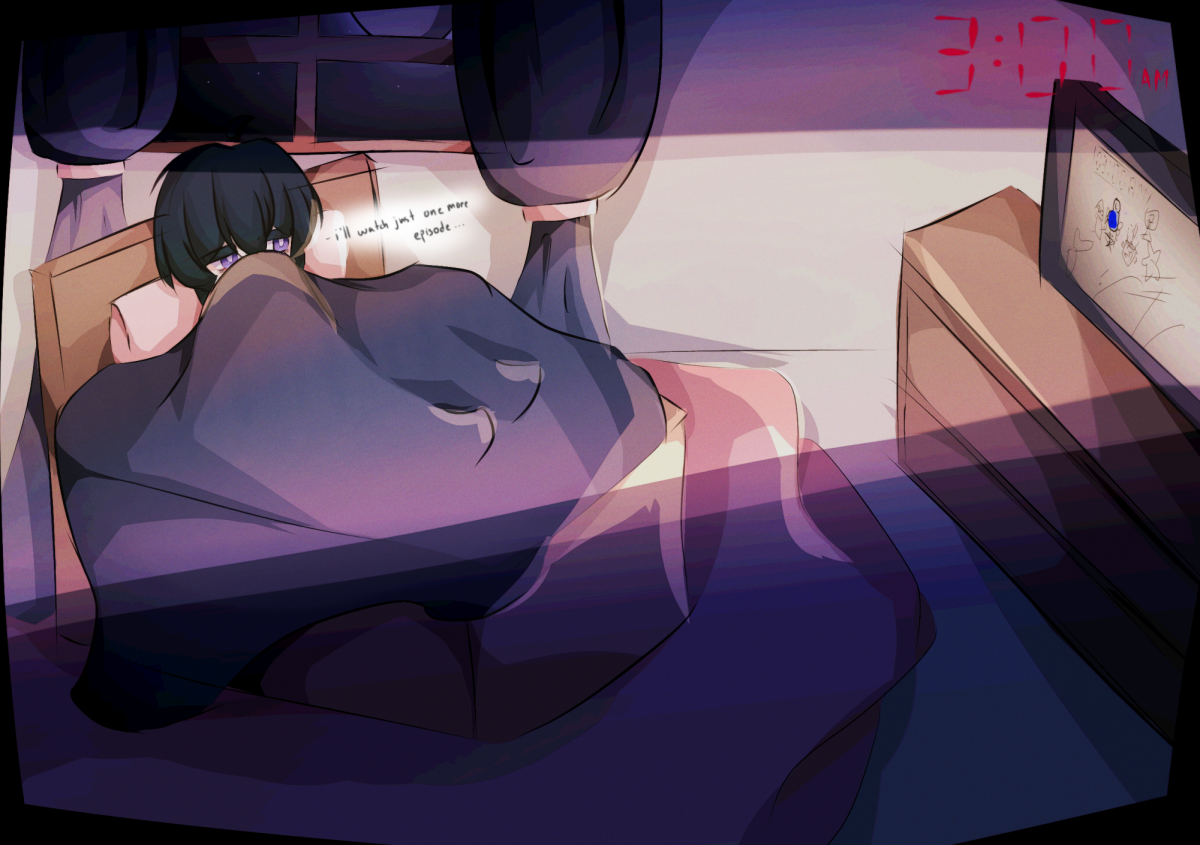

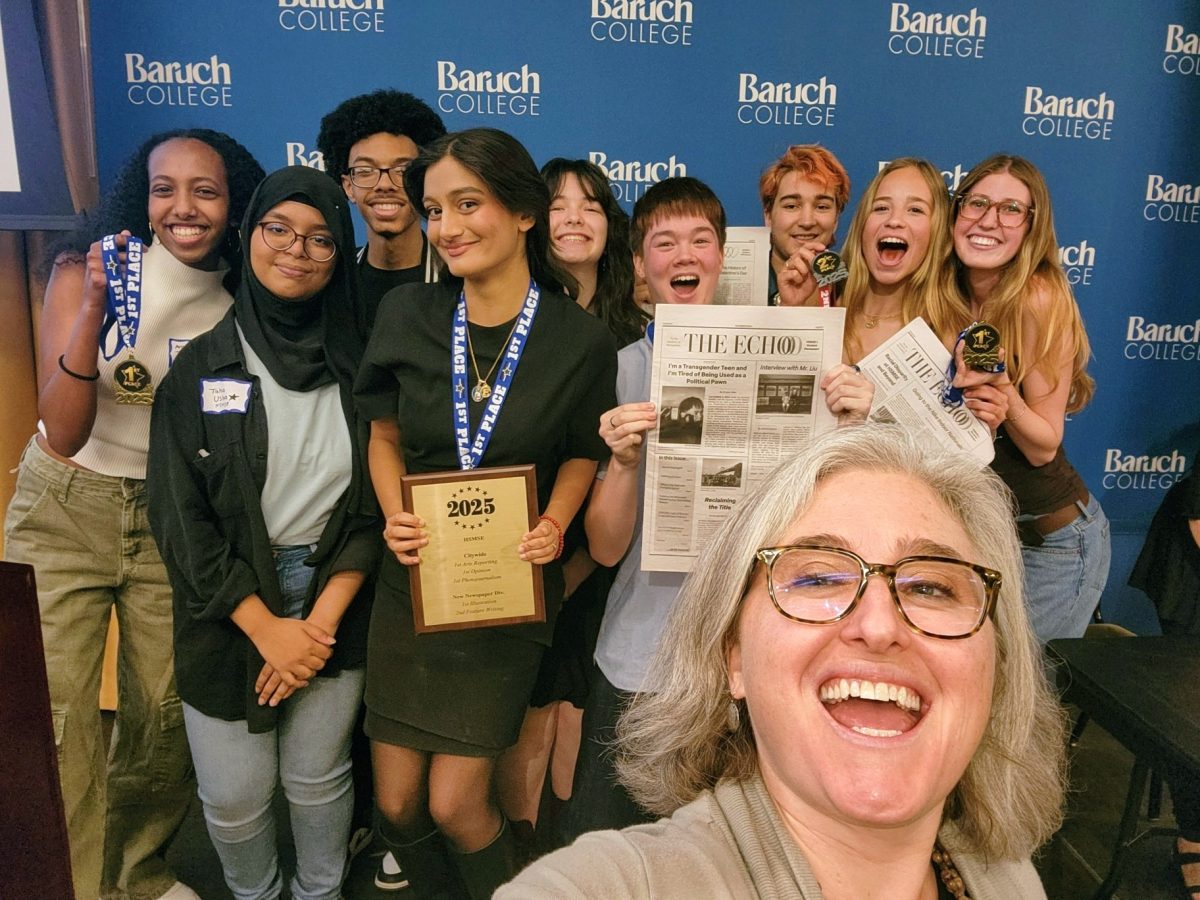


![[ERROR]: Lack of Women in the Software Industry](https://theechohsmse.com/wp-content/uploads/2024/12/APC_0280-984x1200.jpeg)
